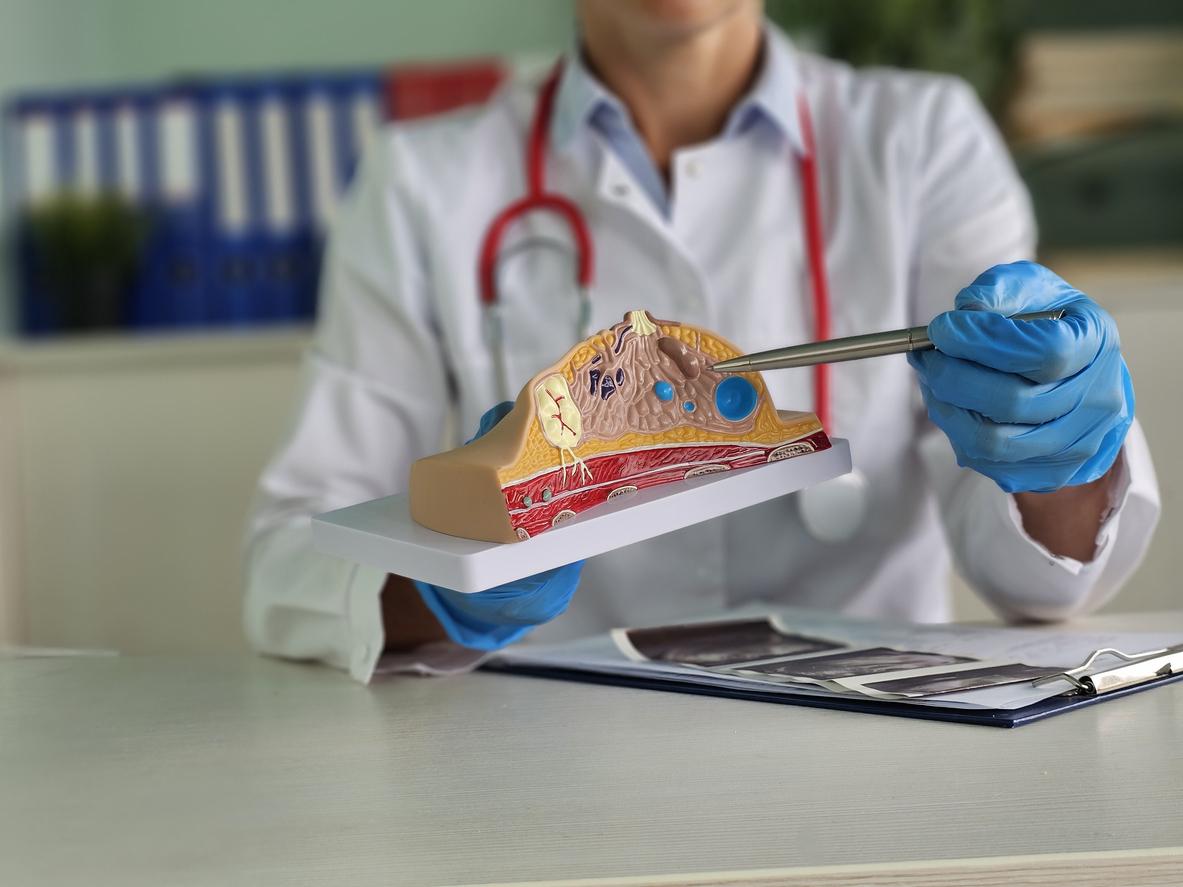The Trisomy 21 is one of the most common chromosomal abnormalities. It concerns approximately 1 in 700 pregnancies. In France, the law provides that all future mothers are informed of the possibility of screening, but it is not compulsory: you are free to choose whether or not you wish to carry it out. .
Screening assesses the probability that the fetus has trisomy 21 or not. It has just been adapted on the recommendations of the High Authority of Health (HAS) to include non-invasive prenatal diagnosis (NIPD), a blood test that detects trisomy 21 through free DNA circulating in maternal blood. This test is now reimbursed by health insurance and limits the use of amniocentesis.
Who can take the test?
At first trimester of pregnancy (more precisely between the 11th and 13th week of amenorrhea), the obstetrician evaluates the probability that the fetus has trisomy 21 based on the combination of three factors:
- The dosage of serum markers in the blood (a substance secreted by the fetus) through a blood test;
- The measurement of the nuchal translucency (the small space behind the neck) made during the 1st ultrasound (T1);
- The age of the future mother.
By combining these factors, you obtain a probability (1/1250 for example means that your baby has a risk out of 1250 of having a trisomy… therefore 1249 chances out of 1250 of not having one) which allows you to situate yourself in one of the following three ranges:
• If your risk is less than 1/1000 : screening stops there
• If your risk is greater than or equal to 1/50 : we offer you an amniocentesis directly
• If your risk is between 1/1000 and 1/51 : this is where you can opt for non-invasive prenatal screening.
How it works ?
During pregnancy, the placenta releases fetal DNA into your blood. This DNA is therefore mixed with that of his mother. From a blood sample, the different DNA fragments are assayed and sorted. It takes about a week to get the results after the blood test.
Evaluations of this test by the HAS showed a detection rate of over 99% and a false positive rate of less than 1%.
If the results of the blood test show that DNA from chromosome 21 is present in an abnormally high quantity, this means that the fetus has a high probability of having trisomy 21. In this case, a diagnostic examination is proposed: this consists examine fetal chromosomes taken from a sample of amniotic fluid (amniocentesis) or a sample of the placenta (choriocentesis). This is the only test that will give certain information on the absence or presence of trisomy 21.
Read also :
Pregnancy without medical follow-up still exists!
Pregnancy: everything you will see on the ultrasound


















